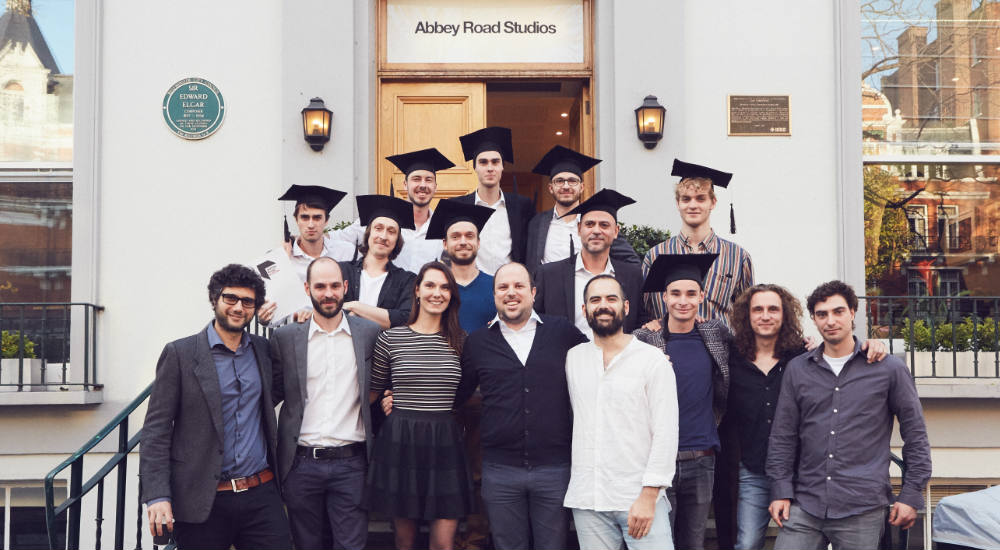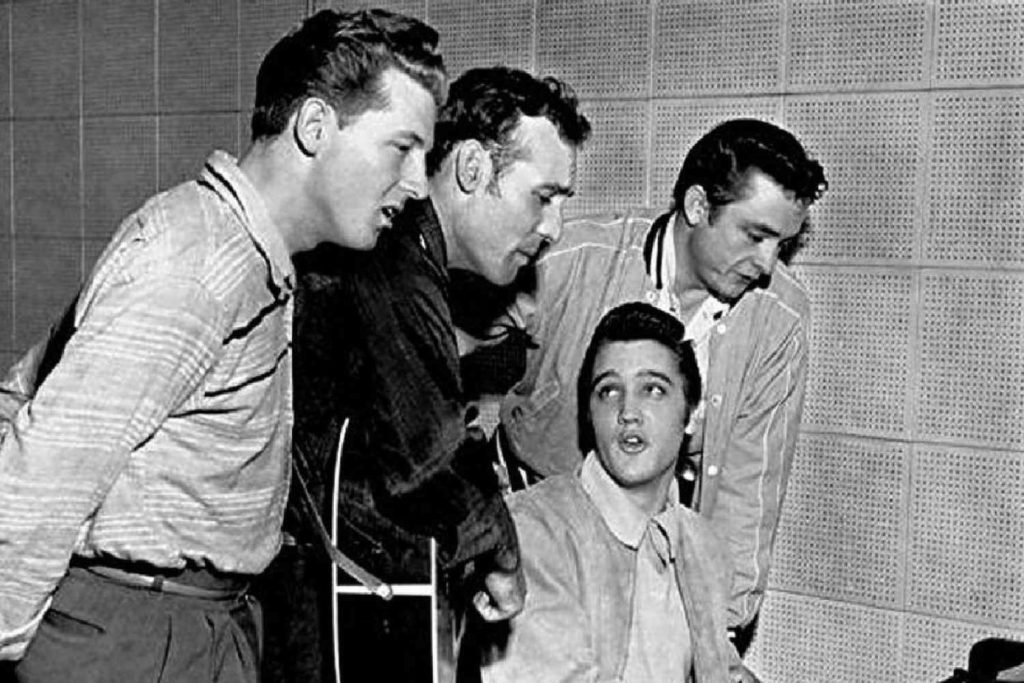What is a music producer in 2018?
Waltzing into a typical studio just 25 years ago, a drastically different atmosphere was in the air. Studio staff included sound engineers, fledgling assistants, tape operators, interning studio runners and a producer overseeing it all. Studio workflow was a chain of cause and effect, headed by the producer, appointed by a label, and sometimes the band. The music producer served as an extension of the band’s creative vision, while the engineer worked the equipment and conducted the sessions.
Studio innovation changed radically with the invention of digital multi-tracking, and jobs changed, crumbled and morphed into new positions. Tape machine operators and the machines themselves disappeared with the rise of the Digital Audio Workstations (DAW). In a span of just 20 years, large format consoles supplemented digital methods before morphing into the bedroom producer’s DAWs.
The role of the engineer and producer have collapsed into one another, with the pure engineer becoming an increasingly niche skill set. Learning to use multiple consoles and antiquated technology has become largely irrelevant, with studios and artists alike looking to the producer, who has both creative and technical knowledge of the industry.
So what now? In contemporary music history, the influential long-time producer has gained a new, more important role in a group. The man behind this swing? The famous “Fifth Beatle”, the late, great George Martin.
As one of the most varied roles in the industry, from performance, to composition, arranging, engineering and business acumen, the producer has continued to stick fast in the modern studio.
Audio engineering skills
Technical knowledge has become a must-have for the modern producer, as they are frequently tasked with microphone selection, signal flow and sound production tasks behind the studio console. If the producer wants to make something sound “orange”, as Martin Hannett famously told Joy Division, he has to know how to translate that himself behind the desk. With the power hidden inside audio production software platforms such as Logic Pro X, Ableton and Pro Tools, producers can now synthesise the complex sound sources required to get any project over the line. Mixing and recording acoustic sources, programming virtual instruments and having a grasp on traditional instrumentation has become part and parcel with the job.
Knowledge of music theory
A producer needs a solid theoretical framework to work with a wide span of music genres. Song structures change quickly, with new arrangements and sheet music needing to be created by the producer themselves. Bands and artists bring their raw material to the producer, who should be able to talk a wide range of musical languages. Arrangement and orchestration is an essential skill – being able to re-contextualise a song with theoretical backing is of great value to artists. Of course, if you’re chasing the auteur-producer status of a Godrich, Martin or a Visconti, being able to make genuine compositional contributions can make you indispensable.
At a fundamental level, knowing your way around music theory as a producer gives you a commonality of language between you and the artists by mapping out the possible choices and alterations to be made to the music.
Personal relations
If you are to manage a studio packed with ego, it is essential that you learn how to direct and lead professionally. Producers will need to maintain relationships and foster the soft-skills of teamwork and management. Producers will have to equally be the passive vessel for the band or artist’s vision as much as its co-pilot. For that to occur, free-flowing trust is paramount. When dealing with such creative and personal endeavours, it requires the measured hand and cool head of the producer, who has both developed people skills and the thinking of a high-level musician.
Business sense
Freelance was a word that rarely floated around sound production circles 25 years ago, but now it’s a mainstay of the industry. The most successful modern music producers are those who have cultivated a minor cult of personality around their name – think Danger Mouse, Brian Eno, Rick Rubin, Steve Albini, Nigel Godrich. This can mean developing your own distinctive sonic aesthetic which others chase, particularly in the cases of Danger Mouse and Eno, or simply being known as a pure conduit to an artist’s true sound, like Rick Rubin.
To make sure you’re able to actually live off your love, it is paramount to have both business acumen and understand the livelihood of the freelancer. Mechanical, performance and synchronisation royalties, business plans and taxation purposes feature as strong parts of the ever-evolving skill set of the modern producer.
The Abbey Road Institute takes a multi-faceted approach to this learning. With a program designed by the industry, ARI develops the skills required for the modern producer.
Start learning these essential skills at Abbey Road Institute’s Study for a Day program on Friday December 14. For more details, visit abbeyroadinstitute.com.au.







